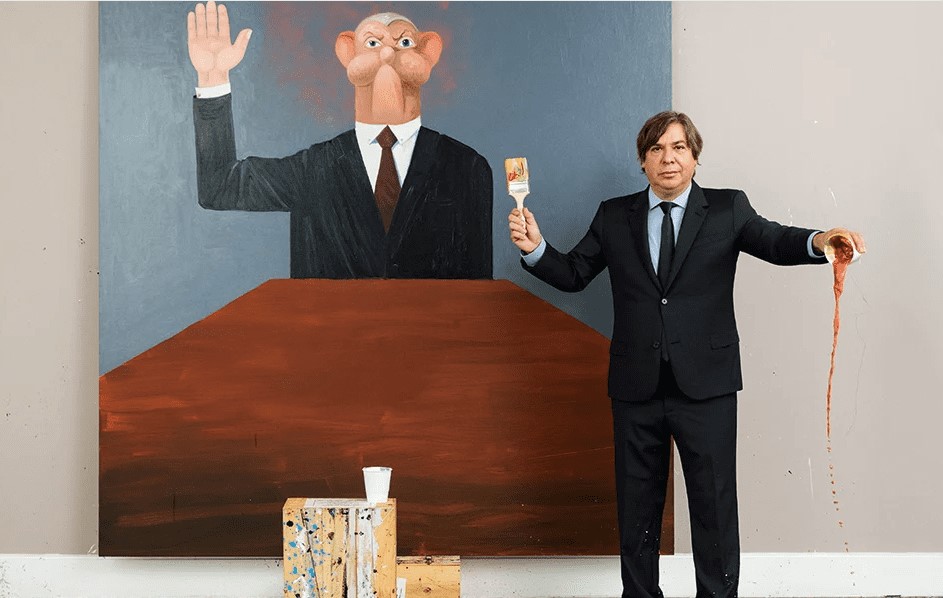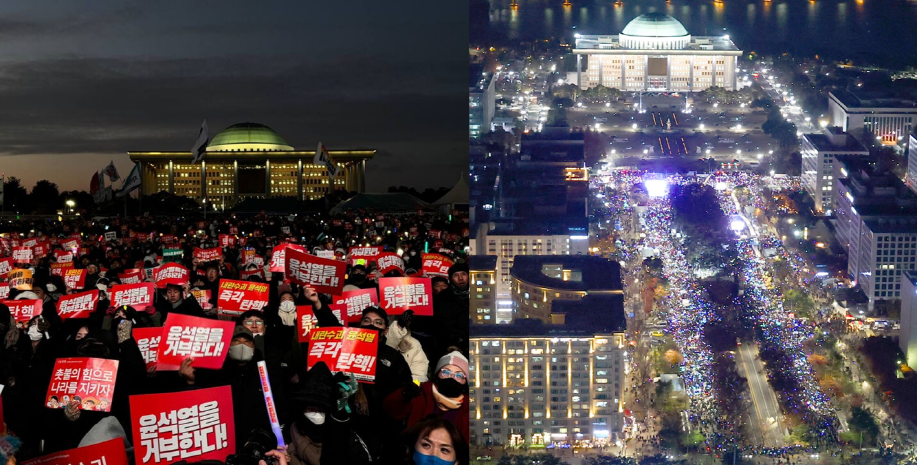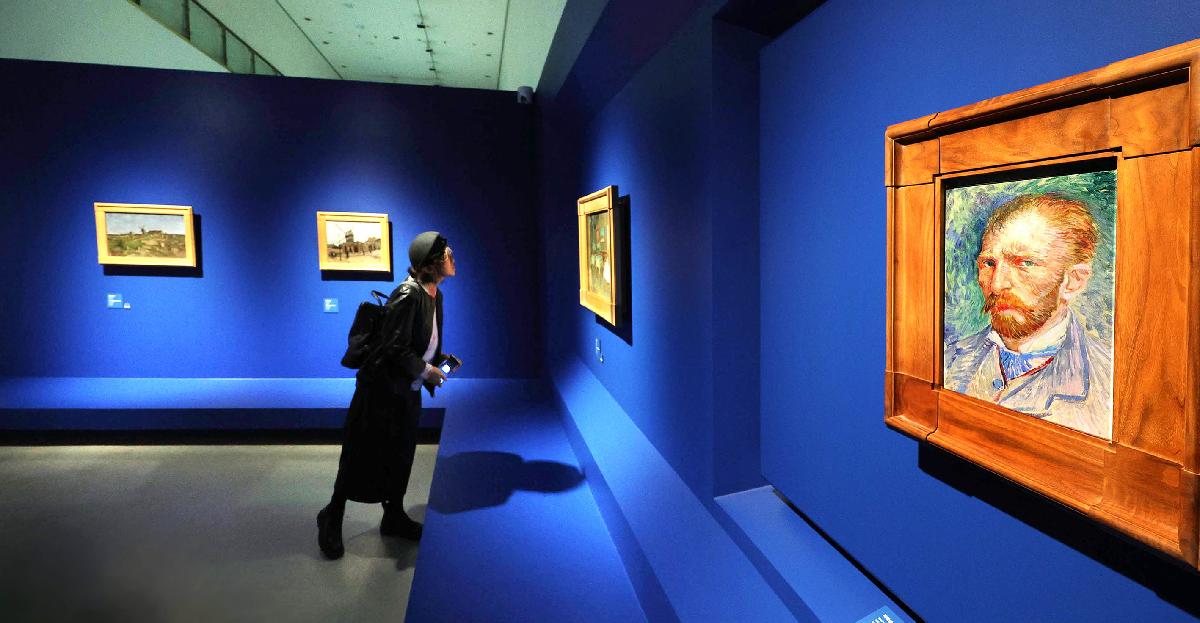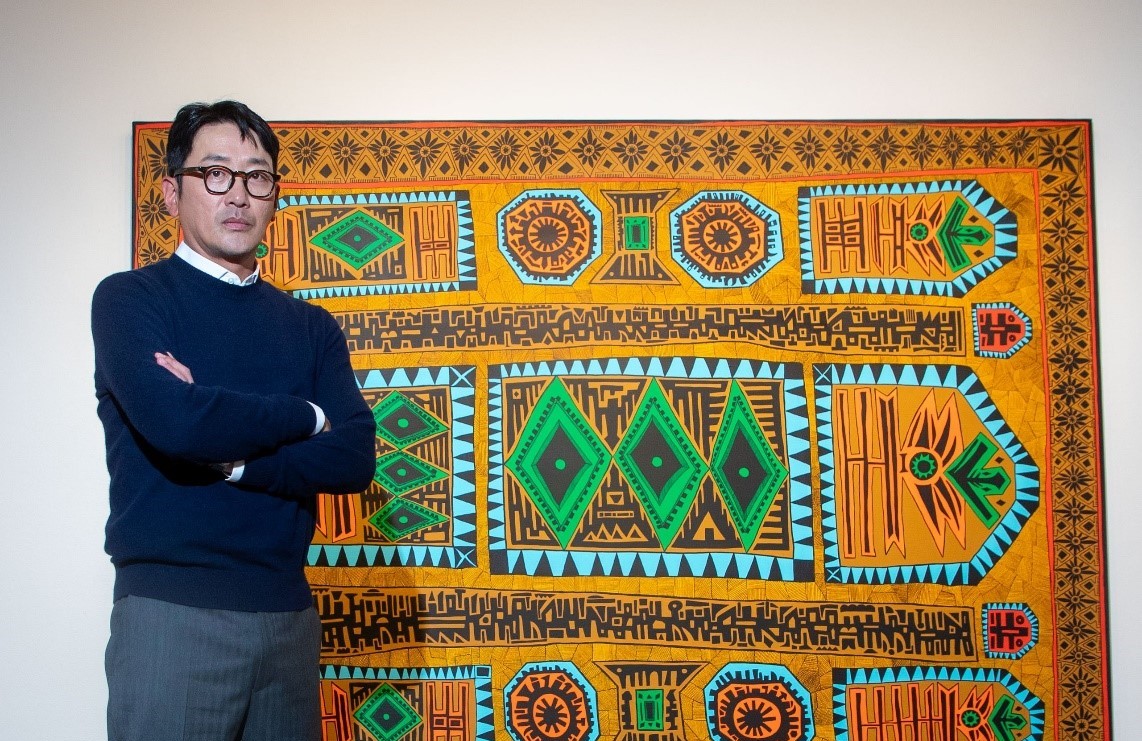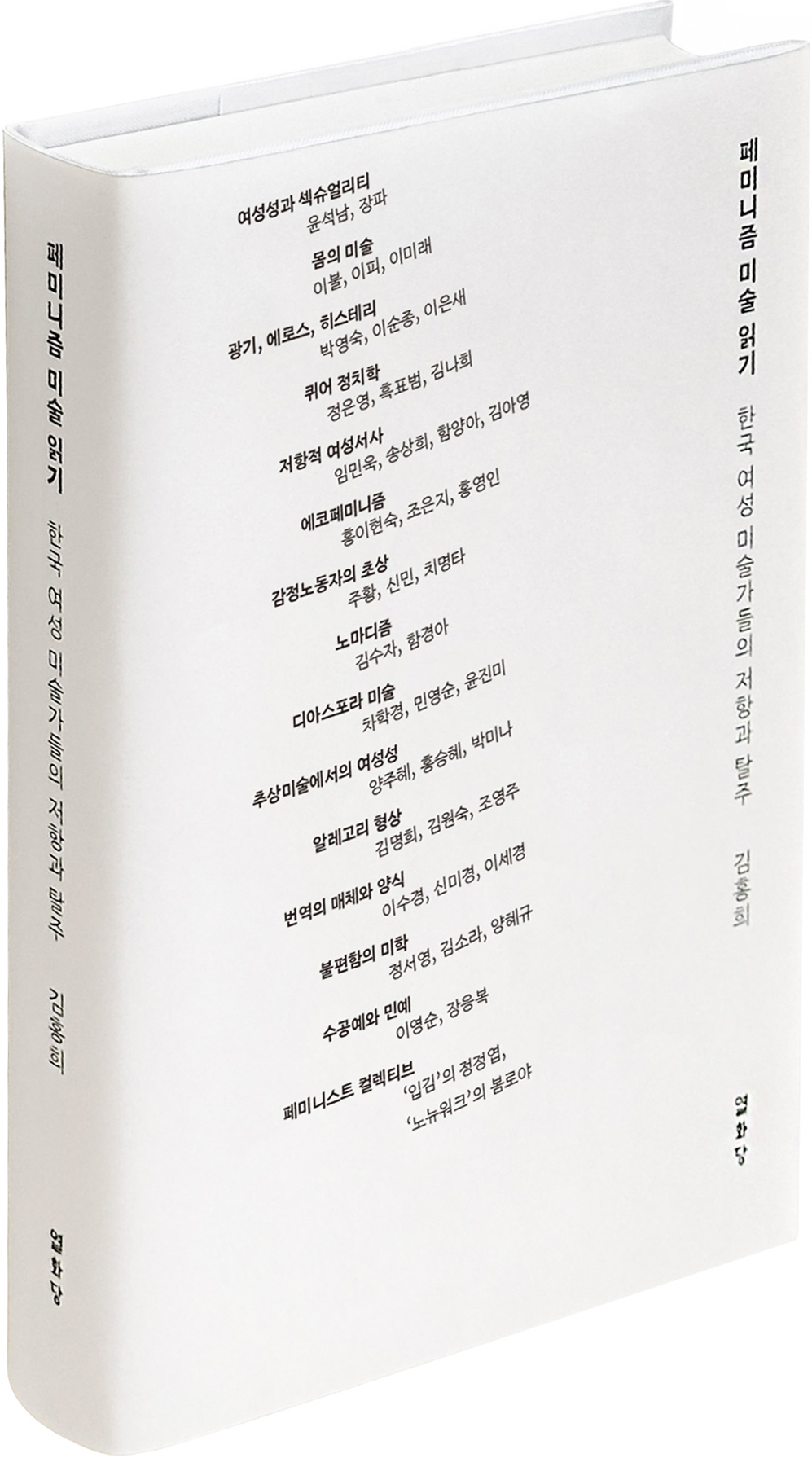
Paul Hughes Fine Arts, Frieze Masters 2023. Photo by Michael Adair. Courtesy of Frieze and Michael Adair어
The Korea Heritage Service announced it will amend a part of the law from the second half of this year to exclude domestic artworks created after 1946 from the category of ‘General Movable Cultural Heritage’ so that they can be sold or freely exhibited overseas.
‘General Movable Cultural Heritage’ refers to cultural heritage that is more than 50 years old, has artistic and academic value, and meets the criteria of rarity, clarity, specificity, and reflection of the times. Under the current law, General Movable Cultural Heritage is prohibited from being taken out of the country in principle, and can only be taken out or exported with the permission of the head of the Korea Heritage Service for the purpose of international cultural exchange, such as overseas exhibitions.
It has been pointed out that under these current standards, many works by modern and contemporary artists are classified as ‘General Movable Cultural Heritage’ and are restricted from being exhibited or sold overseas.
For example, in 2023, a 1962 work by artist Quac Insik, which was to be exhibited at ‘Frieze Masters’, a global art fair held in the United Kingdom, was denied overseas because it was judged to meet the conditions of General Movable Cultural Heritage, such as being more than 50 years old and having artistic and academic value. This was a measure taken to protect cultural heritage with outstanding value, but it was pointed out that it did not meet the world’s intense interest and demand for Korean art.
As a result, the Korea Heritage Service plans to change the date of creation criteria for General Movable Cultural Heritage from ‘more than 50 years have passed since its creation’ to ‘created before 1945’. As a result, works created after 1946 can be taken out of the country or exported without separate permission.
The amendments to the Enforcement Decree have been made through a legislative notice to collect public opinions, and are expected to be implemented in the second half of this year if approved by the National Assembly after a review by the Legal Affairs Office.




